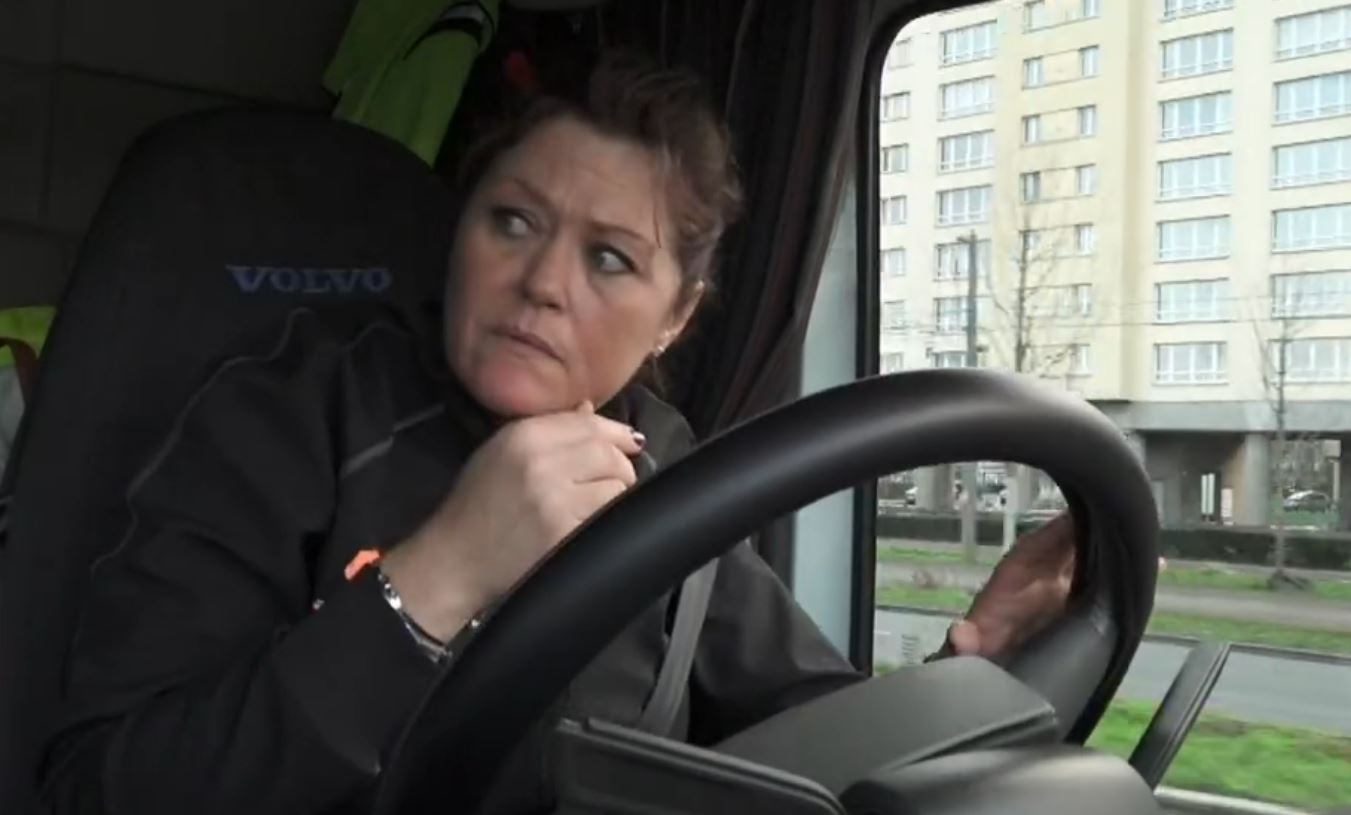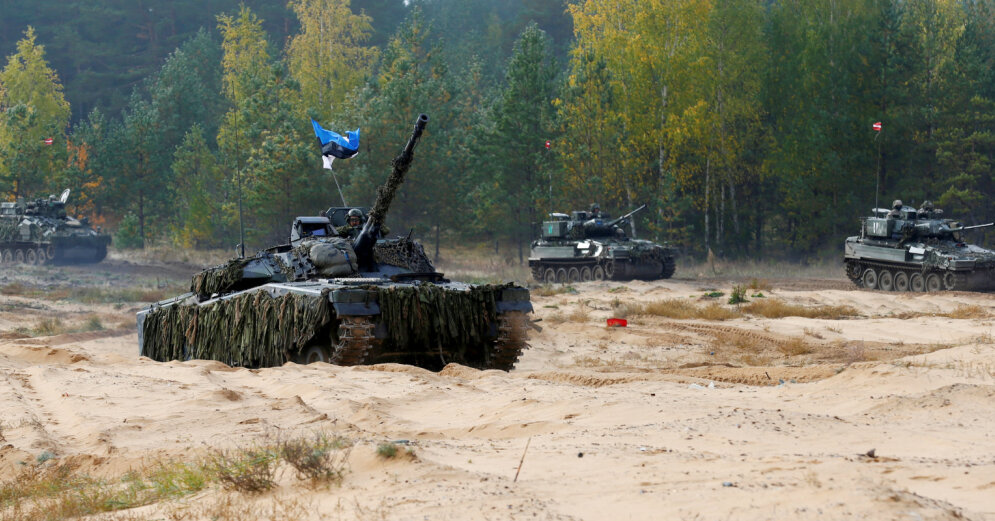Dozens of pulmonologists, paediatricians, general practitioners and scientists are calling on the new cabinet to improve air quality as quickly as possible. According to research by the Longfonds, the air in some places in the Netherlands is so bad that it has major medical consequences, especially for children.
–
“Recently, several scientific articles have been published that clarify the effects of air pollution on children”, says lung specialist Ismé de Kleer, affiliated with the Franciscus Gasthuis in Rotterdam. One of her patients is 6-year-old Noëlle from Rozenburg. For the past two years, she has been hospitalized every month and has been in intensive care three times.
The effects last throughout their lives
Noëlle already had asthma before she moved to Rozenburg, but since she lives there, the asthma has been almost uncontrollable, says the pulmonologist. “Asthma is a complex disease, there are many things that can ensure whether it is under control or not. But every time Noëlle was admitted, there was more air pollution on the spot.” That relationship between nitrogen and asthma seems to be real, says De Kleer. “That’s disturbing and frustrating.”
Exhaust gases
But the pulmonologist is not surprised. “Children have small lungs, play outside and breathe deeper and faster. Nitrogen and particulate matter are distributed over a smaller surface. They are still growing lungs, which should cause more damage than in adults. The effects last throughout their lives. In the 5 children with asthma, its development is a direct result of exposure to exhaust fumes, “says De Kleer.
The air throughout the Netherlands is too bad and the Rotterdam region is not the best place in the country, says the lung specialist. “It also really matters whether you live next to a mega cowshed or a wood combustion plant or the highway.”
‘It has to be much more concrete’
The call from the pulmonologists receives thousands of statements of support. Public support has grown strongly, they notice. And the need is great as far as they are concerned. They want a special envoy for clean air to raise awareness and, above all, to keep the topic under the spotlight.
“We want the topic of health and air quality to be included structurally when it comes to the nitrogen discussion and the energy transition.
There was already a so-called ‘Clean Air Agreement’. As far as the lung specialist is concerned, it contains good things, but few municipalities are affiliated with it. In addition, it is a declaration of intent, which is not binding. “We really have to take the next step and it has to become much more concrete,” says De Kleer. “More awareness in politics is crucial.”
– .


